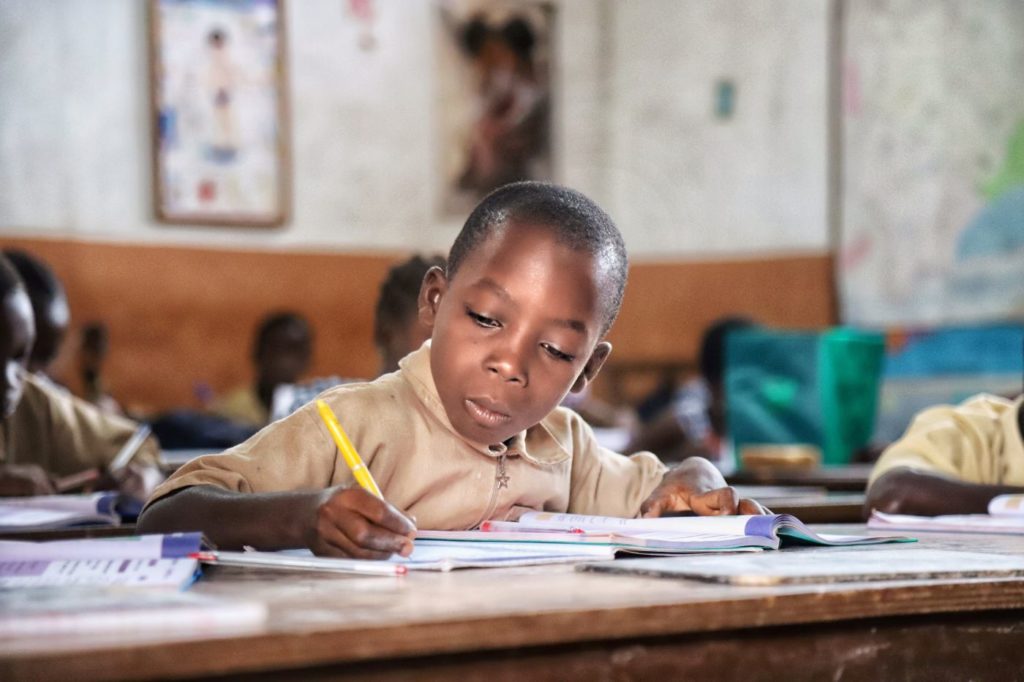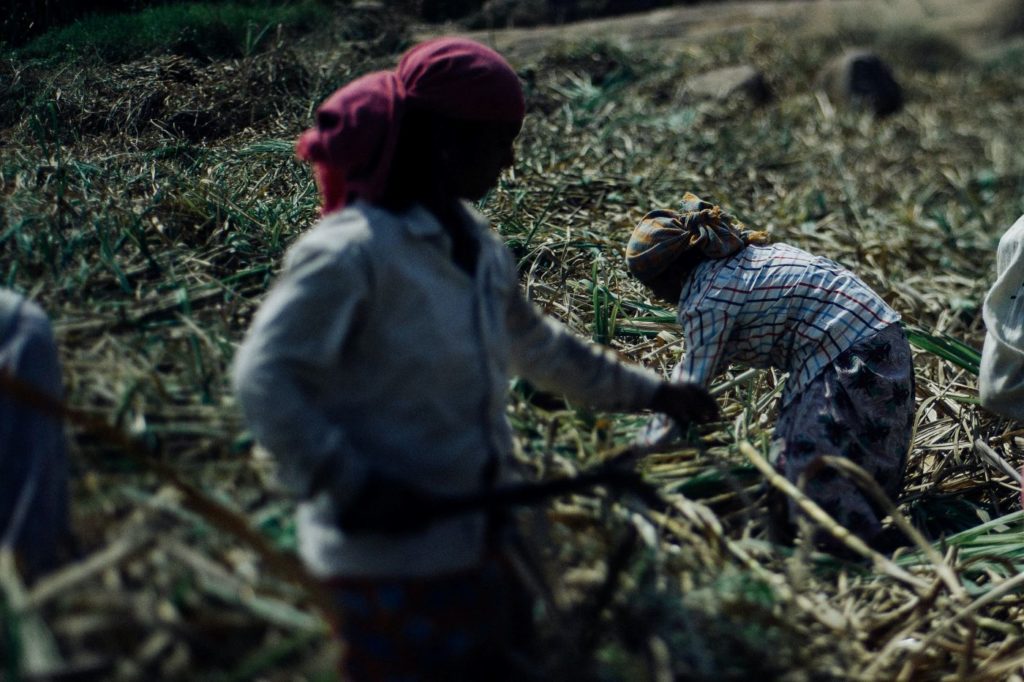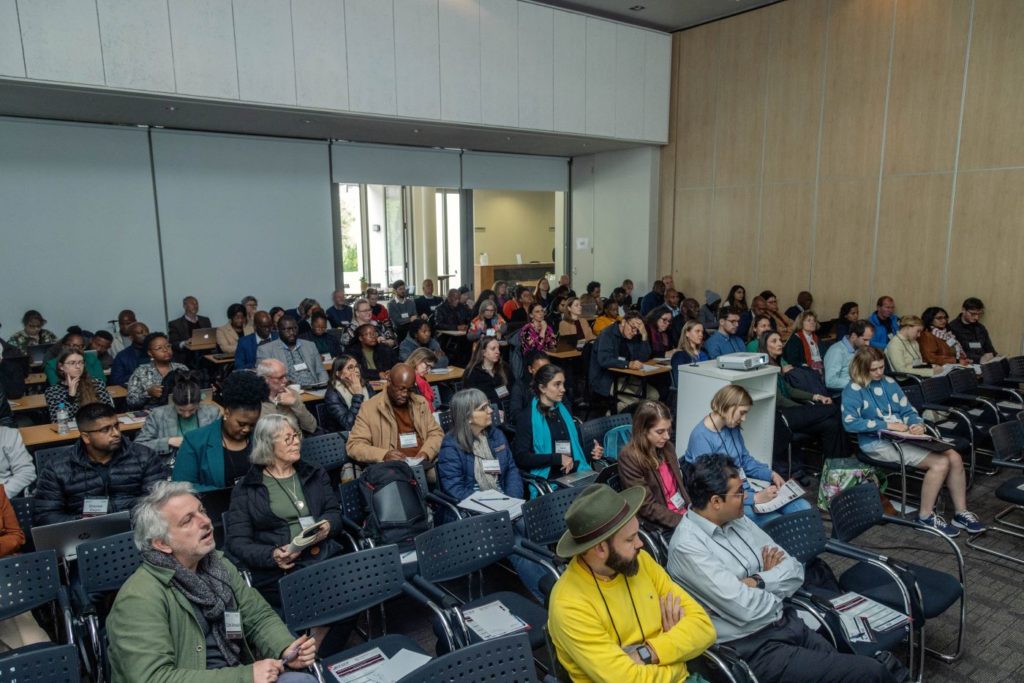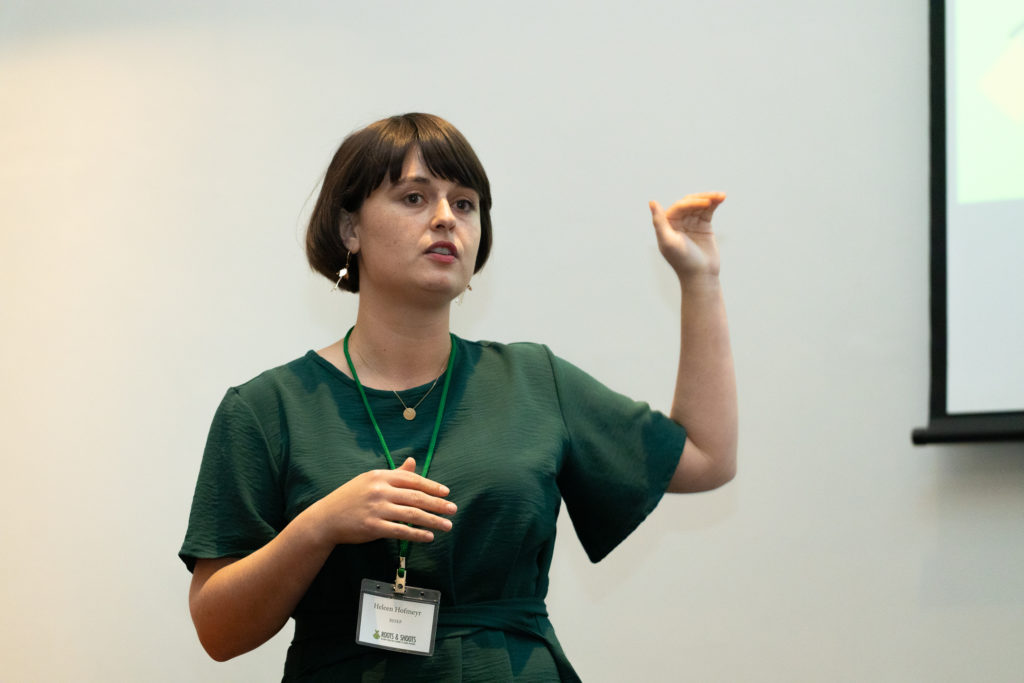In this Covid-Generation working paper, Bianca Böhmer and Gabrielle Wills contribute new evidence on pandemic effects on reading scores and inequalities in reading in South Africa through an in-depth analysis of data from the 2016 and 2021 Progress in International Reading Literacy Study (PIRLS) – a Grade 4 reading comprehension assessment.

This report leverages data mainly derived from the South African School Administration Management System (SA-SAMS), including a unique longitudinal version of the Data Driven Districts (DDD) data for three provinces as well as the Learner Unit Record Information Tracking System (Lurits) data and National Senior Certificate (matric) examination data to analyse the dynamics of the South African education system in the aftermath of the Covid-19 pandemic. It provides a detailed analysis of learner flows, assessment strategies, and teacher dynamics, offering valuable insights for policymakers and educational stakeholders and illustrating how such data can be used in education policy and planning.

On 25 May 2023, the Teacher Demographic Dividend (TDD) project hosted its first Provincial Spotlight Dialogue at The Blades, Pretoria. The dialogue was organised with the aim of receiving feedback on the new research findings in TDD’s national and provincial reports, as well as on a proposed national survey investigating new teacher placement and retention. The dialogue was attended by officials from the Provincial Education Departments (PEDs), Department of Basic Education (DBE), Department of Higher Education and Training (DHET) and National and Provincial Treasuries.
In this note by Ursula Hoadley, she tracks curriculum and assessment policy changes over three years (2020 to 2023) in South Africa in response to the COVID-19 pandemic and school closures. Some changes were made to the national CAPS curriculum documents in the form of trimming content (2020), identifying ‘fundamental’ knowledge (2020), and reviewing subject content (2022).

RESEP was again privileged to host its annual QER conference at STIAS from 31 August to 1 September 2022. There is much value in bringing together academics, government, NGOs and funders involved in education improvement in South Africa. Two days of new research, engaging panels and critical questioning reminded us of how much work there is to be done, while also revealing the advancement in collaboration that has been made across research and government work.

Prospects of low voter turnout and ongoing protest about the quality of service delivery should be no surprise, according to a new study. Tina Fransman, a PhD student in Economics at Stellenbosch University, working with Dr Marisa von Fintel, one of her supervisors, explored the relationship between public service delivery, voting in elections and protest behaviour in South Africa.














